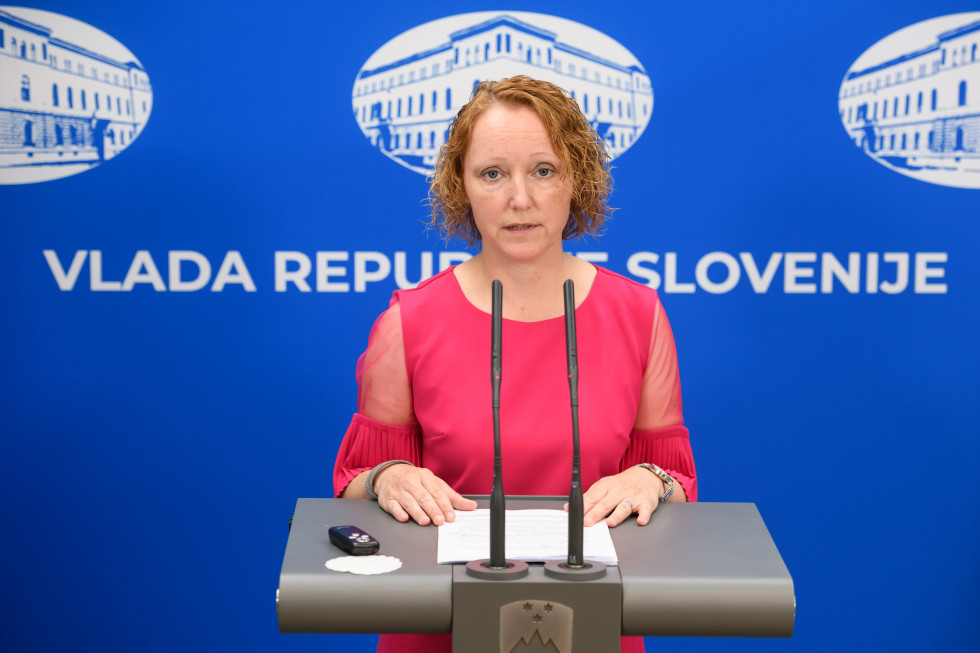Legal basis for introducing the mobile application adopted as part of the fourth package of anti-corona measures
Yesterday the number of tests made in Slovenia to date exceeded 113 thousand. According to Čakš Jager, 1793 cases were confirmed until yesterday; on that day, the number of new cases was 17, while the number of active cases grew to 236.
132 cases of infection were recorded from 29 June to 5 July. 25 of these were imported from other countries: eight from Croatia, seven from Bosnia and Herzegovina and four from Serbia. 73 cases originate from a local environment, while the source of infection is unknown in 22 cases.
With yesterday's data, Slovenia has reached 11.34 cases per 100,000 population in a 14-day cumulative incidence, which keeps it in the yellow group of countries.
Yesterday, the Health Inspectorate carried out 753 inspections of the implementation of quarantine decisions (a total of 1876 since Saturday) and found a number of violations. 585 persons were present at the address stated in the decision, while 25 persons were not. In 30 cases it turned out that the address proved to be incorrect, in 15 cases the owner of the facility did not open the door, and in 50 cases persons under quarantine in multi-apartment buildings could not be found.
Health inspectors will supervise bars and restaurants over the coming weekend, both during the day and at night.
Yesterday, the National Assembly approved the Act on the intervention measures to prepare for the second wave of COVID-19. At the press conference, State Secretary Mateja Ribič presented the novelties related to the extension of the measure for temporary lay-off, the determination and payment of a compensation in case of imposed quarantine, the financing of additional human resource capacities in social welfare institutions in the public network and at the Employment Service of Slovenia and the introduction of the COVID-19 contact-tracing mobile application.
She emphasised that when determining the amount of compensation for quarantine, the reasons why a worker has been placed in quarantine need to be taken into consideration. If the employer can order the worker to work from home, no compensation will be required. A worker placed in quarantine because of being in contact with a COVID-19 positive person at work is entitled to a 100-percent compensation. A worker who returns from a country on the green or yellow list and is subject to quarantine after crossing the Slovenian border or is subject to quarantine due to being in contact with a COVID-19 positive person is entitled to a compensation equal to 80% of their average monthly salary. A worker who travels to a country from the red list and is put in quarantine when returning to Slovenia is not entitled to a salary compensation. There are exceptions in case of death of a close family member (spouse, cohabiting partner, child or parent) or in case of birth of a child. In these cases, workers receive a compensation equal to 50% of their salary, but not less than 70% of the minimum wage.
The Act also lays down the foundations for the introduction of operation of a mobile application protecting human health and life. The installation and use of the mobile application will be voluntary and free-of-charge, except when a person tests positive for the coronavirus. In such cases, the person will be obliged to install the application by entering a randomly generated code.


